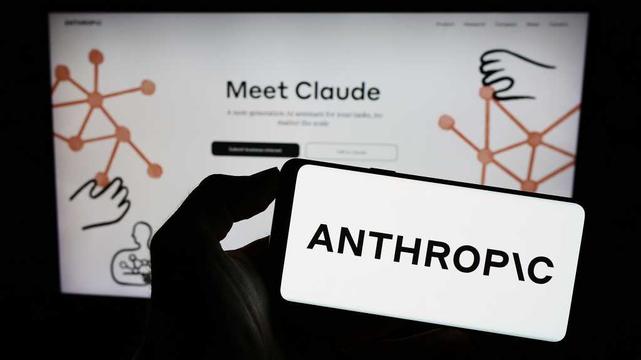2026-01-30 15:38:03
Border Patrol's Gregory Bovino
said he saw nothing racist
in photo depicting him as a Confederate general
https://chicago.suntimes.com/the-watchdogs/2026/01/30/g…
2025-12-31 01:21:10
Sources: ByteDance plans to spend about $14B on Nvidia's AI chips in 2026, an increase of about 18% from 2025 (Wency Chen/South China Morning Post)
https://www.scmp.com/tech/big-tech/article/3338191/bytedance-pour-u…
2026-01-30 13:04:41
‘Verdedig Rojava, verdedig democratisch confederalisme’ – Door Jürgen Klute
#Rojava
2026-02-28 11:09:43
Trump is labeling Anthropic a “supply chain risk,” a label heretofore normally associated with foreign adversaries’ tech products, such as telecom gear made by China’s Huawei.
My piece that was published across several publications last evening.
https://www.
2025-12-31 01:40:39
The Detroit News and Detroit Free Press ended their joint operating agreement, which began in 1989; The News plans to launch a Sunday print edition January 18 (Summer Ballentine/The Detroit News)
https://www.detro…
2026-01-30 11:43:34
This time we look at why you may not be able to hand your household chores over to robots just yet, Delhi Police’s dystopian turn and Japan’s biggest port under ransomware attack.
https://www.computing.co.uk/news/2026/are-you-ready-for-the…
2026-01-30 14:00:50
Brain-computer interface commercialization https://doi.org/10.1186/s12984-025-01811-9 "This article analyzes two rehabilitative BCIs—the Argus II retinal prosthesis by Second Sight and the ARC-IM spinal cord stimulation system by Onward Medical";
2026-02-27 14:35:23
«Massenüberwachung und autonome Waffen: Anthropic widersetzt sich dem Ultimatum des Pentagon
Das amerikanische Department of War will, dass Anthropic sämtliche Sicherheitsrichtlinien in den Modellen entfernt, die der KI-Entwickler dem Militär bereitstellt. Trotz weitreichenden Drohungen widersetzt sich Anthropic weiterhin den Forderungen.»
Das Thema ist nicht neu und ja KI wirde wie jede Technik militarisiert.
🪖
2025-12-31 18:26:41
Donald Trump signed into law this month a measure that 👉 prohibits anyone based in China and "other adversarial countries" from accessing the Pentagon’s cloud computing systems.
The ban, which is tucked inside the $900 billion defense policy law,
was enacted in response to a ProPublica investigation this year that exposed how Microsoft used China-based engineers to service the
Defense Department’s computer systems for nearly a decade
— a practice that left s…
2025-12-31 23:20:54
President Xi Jinping highlighted China’s achievements in artificial intelligence and the chip industry
in a triumphant New Year’s Eve speech as he called for more confidence in the country’s development path in the year ahead.
“China has become one of the world’s fastest-rising economies in terms of innovative capacity,”
he declared in a televised address on Wednesday beamed to the nation’s 1.4 billion people,
in which he touted China’s achievements in large AI models …









